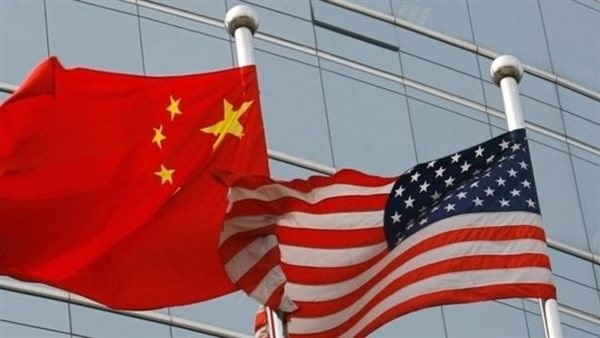Strong relations threaten American throne: Significance of Chinese defense minister's visit to Russia and Belarus

The atmosphere of the Cold War is dominating the world, with
polarization reaching its peak, represented by two camps: the first led by the
United States and the bulk of European countries claiming to protect democracy
and liberal principles, and the second led by Russia and China with the aim of
eliminating Washington's hegemony as the world’s only superpower.
Russian-Chinese
rapprochement
Chinese Minister of Defense Li Shangfu recently paid an
official visit to Russia to participate in the Moscow Conference on
International Security. He also visited Belarus, during which he met with
President Alexander Lukashenko and senior officials to discuss ways of joint cooperation between China and both countries.
This coincides with the Russian-Chinese
rapprochement, especially after the outbreak of the Russian-Ukrainian war, as
they are working to increase military cooperation. This was evident in the
joint exercises that take place at frequent intervals, including the joint
naval maneuvers in the Gulf of Oman near the Strait of Hormuz with the
participation of Iran, Russia and China from March 15-19, called the Maritime
Security Belt, which the Chinese Ministry of Defense said is helping to deepen
cooperation between the naval forces of the participating countries, while
Moscow confirmed that it is upgrading tactical operations, in addition to
maneuvers in the Sea of Japan and the East China Sea on July 20, as well as joint
naval maneuvers between Russian and Chinese warships in the Pacific Ocean on
August 18, which included rescue and counter-air strike exercises.
Strong relationships
In this context, Ahmed El-Anani, a researcher of
international affairs, confirmed in a statement to the Reference that the visit
of the Chinese defense minister to Russia and Belarus reflects the strength of
Sino-Russian relations, and both look to Washington and the West as the cause
of igniting international conflicts and threatening the sovereignty of states
and representing modern colonialism.
He added that the increasing Western pressures and attempts
to clamp down on Russia and China are behind the convergence of the two
superpowers to confront Western expansion and attempts to dwarf them.
Anani confirmed that the Russian-Chinese
military rapprochement, the most prominent evidence of which is the joint
military maneuvers and the frequent visits of the Chinese defense minister,
especially his visit to Belarus, which carries threatening messages to NATO, on
the grounds that Belarus represents an advanced front in the face of the
alliance. This was evident in the statements of Li Shangfu, who stressed that
the visit aimed to enhance bilateral military cooperation between the two sides
and “implement important agreements at the level of the two heads of state.”
Anani added that this visit coincided with the West's
escalation towards Russia and China, as preceding that visit, Washington
announced its intention to provide Ukraine with F-16 aircraft through both
Denmark and the Netherlands to enhance Ukraine's military capabilities in the
face of Russia. The United States held a tripartite presidential summit on
August 18 at Camp David, which included Japan and South Korea, in a threatening
message to China. The biggest evidence of this was the Chinese defense minister’s
warning in his speech before the Moscow Conference on International Security
against the West’s efforts to use the Taiwan file to encircle China, describing
it as a game with fire and that these practices will end in failure.
It is noteworthy that the Chinese defense minister pledged
during his visit to Moscow to strengthen security cooperation mechanisms
between Beijing and its partners in the Shanghai Cooperation Organization, along
with Belarus, which aspires to join the group, as it signed a memorandum of
commitment with the organization, paving the way for its full membership, as
happened with Iran during the organization’s last summit on July 4.





